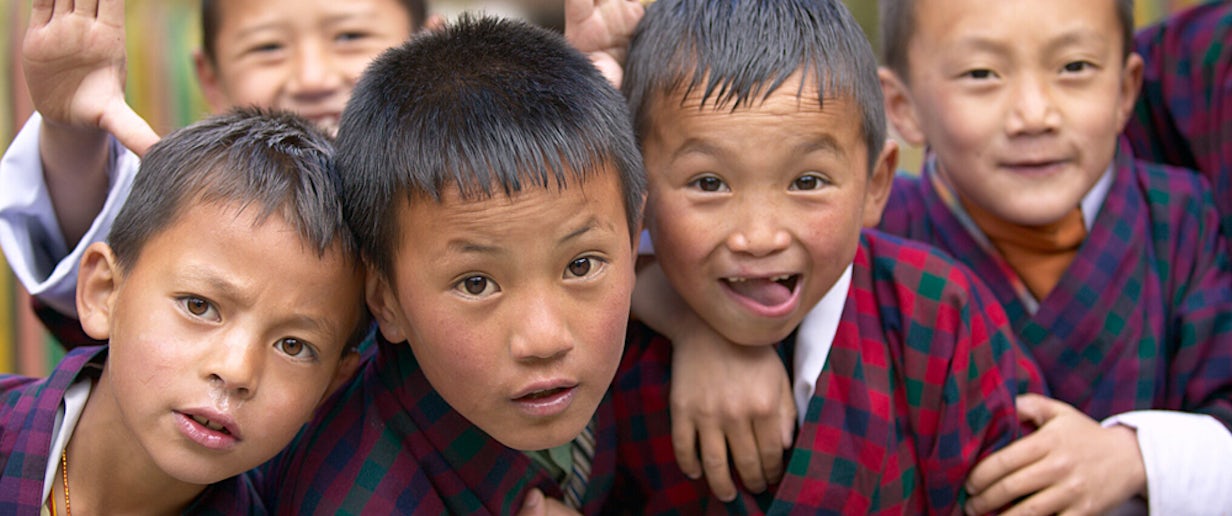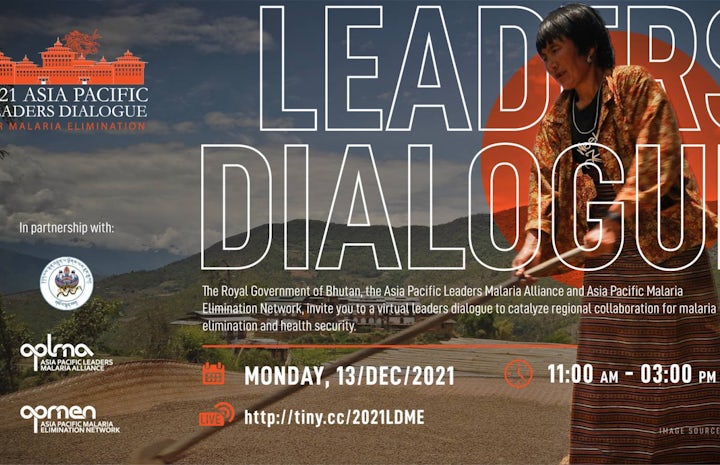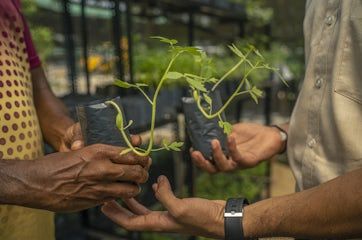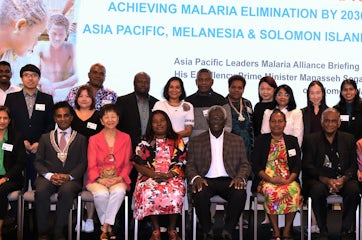2021 Asia Pacific Leaders Dialogue for Malaria Elimination
The Royal Government of Bhutan, APLMA and APMEN

2021 Asia Pacific Leaders Dialogue for Malaria Elimination
Regional Collaboration for Malaria Elimination & Health Security
11:00 AM - 3:00 PM SGT (GMT+08)
Virtual
The 2021 Asia Pacific Leaders Dialogue for Malaria Elimination held on 13 December in partnership with the Royal Government of Bhutan, Asia Pacific Leaders Malaria Alliance (APLMA) and Asia Pacific Malaria Elimination Network (APMEN), was a significant moment where senior leaders from the region paused to focus their attention on malaria elimination. The event brought together, over 400 leaders, country partners, international and regional global health organisations, donor agencies and civil society organizations from 54 countries, across Asia Pacific, Africa, Europe and the United States.
We are delighted so many of you were able to join us! Below is a summary of key highlights from the Dialogue.
On behalf of the Prime Minister of Bhutan, the Leaders Dialogue was opened by H.E. Dr Tandi Dorji, Hon'ble Minister of Foreign Affairs, Bhutan. The Foreign Minister focused on the challenges of last mile elimination and called upon all countries to “Sustain this commitment and reinvigorate efforts towards eliminating malaria. This will require greater and effective collaboration and coordination between countries for joint elimination response, especially when countries are nearing the end stage of malaria elimination.”
H.E. Shri Mansukh Mandaviya, Hon’ble Minister of Health and Family Welfare India, during his keynote remarks announced that India will host the 2022 Senior Officials Meeting on Malaria Elimination, coinciding with India’s 75th Anniversary of Independence. The minister also stressed that border areas remain challenging and called for commitment towards working together across borders and sectors.
The ministerial panel discussion on ‘Cross sectoral approaches towards malaria elimination’ brought together H.E. Dasho Dechen Wangmo, Hon’ble Minister for Health Bhutan and H.E. Dr Sophon Mekthon, Hon’ble Vice Minister of Public Health Thailand. Speaking on inter-ministerial collaboration, the health minister shared that Bhutan has always been guided by the overarching principle of ‘Health in all and health for all’ and recognises that multi-sectoral approaches are critical towards eliminating diseases. The vice minister stated that inter-sectoral collaboration and community involvement are key components in Thailand’s elimination strategy, as the country moves towards integrating malaria into the broader health system.
Almost two years into the COVID-19 pandemic, health systems throughout the world have been tested in unprecedented ways. The session, ‘A recap of malaria situation amidst the pandemic’ explored the impact of COVID-19 on malaria control activities and how malaria programs have adapted their malaria response to maintain momentum towards elimination. National Malaria Programs leads from Pakistan, Cambodia and Malaysia, presented their efforts on adapting their malaria response to maintain momentum towards elimination. APLMA also launched a new report, Malaria Elimination in Asia Pacific Amidst COVID-19: A Test of Resilience, which sheds light on how countries in the region maintained malaria elimination efforts despite the pandemic.
The session on ‘Cross border collaboration for malaria elimination’ was kicked off with opening remarks from Dr Poonam Khetrapal Singh, Regional Director – World Health Organization (WHO) South -East Asia Regional Office (SEARO) where she urged countries pursuing elimination to address cross border issues early on in their strategies and to revisit them often. Cross-border interventions must be approached in the spirit of collaboration and in recognition of the many benefits it will accrue to the vulnerable populations on both side of the border.
The ‘Sustaining financing for malaria elimination during the pandemic’ session featured senior leaders from Sri Lanka, China and Vietnam and underlined lessons we can learn on budget prioritization, especially with the goal of elimination by 2030 in mind.
During the final session, ‘Regional approaches to nearing the elimination goal’, Dr Takeshi Kasai, WHO Regional Director for Western Pacific, highlighted the successes of both China and Malaysia in eliminating indigenous malaria in their respective countries, as well as the continued gaps in the Pacific due to lack of adequate surveillance and response activities to halt transmission in the highest burden provinces. Senator the Hon. Zed Seselja, Minister for International Development and the Pacific, Australia noted the importance of malaria elimination to regional health security. He also spotlighted the recent reversal in Papua New Guinea’s (PNG) previous malaria gains and the need to sustain ongoing commitments in PNG.
To conclude the Leaders Dialogue, the Co-Chairs endorsed a ‘Call-to-Action’ statement to renew the
regions shared vision for a malaria-free Asia Pacific.
We are grateful and honoured to have convened such a momentous gathering in partnership with H.E. Dr. Lotay Tshering, Hon’ble Prime Minister and H.E Dr Tandi Dorji, Hon'ble Minister of Foreign Affairs and thank them for their collaborative spirit in the effort to eliminate malaria across the Region.
Our deepest thanks to you all, our partners, for also joining us and for your continued support towards a malaria-free Asia Pacific by 2030.
Best wishes,
Dr Sarthak Das, DrPH
Chief Executive Officer
Asia Pacific Leaders Malaria Alliance (APLMA)







